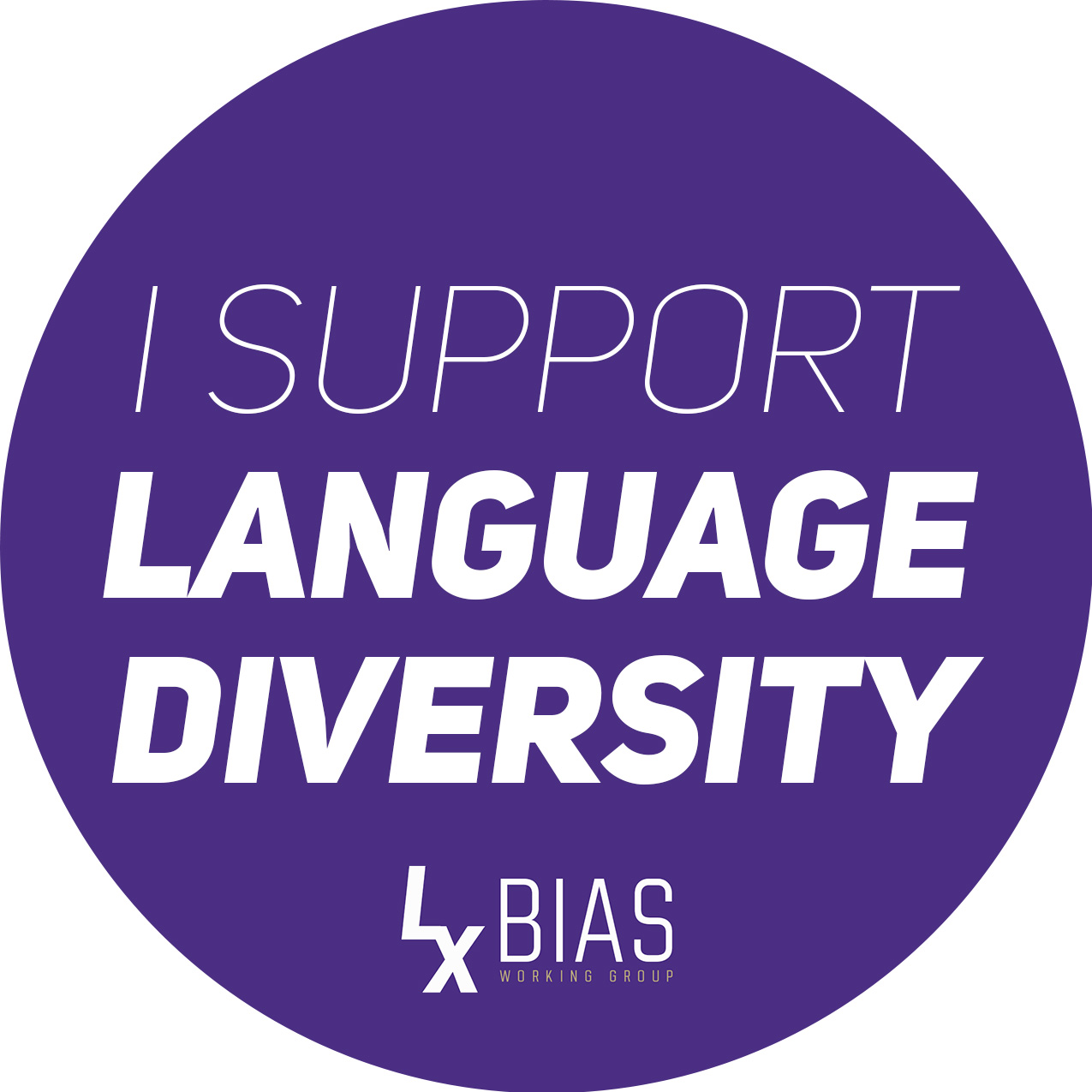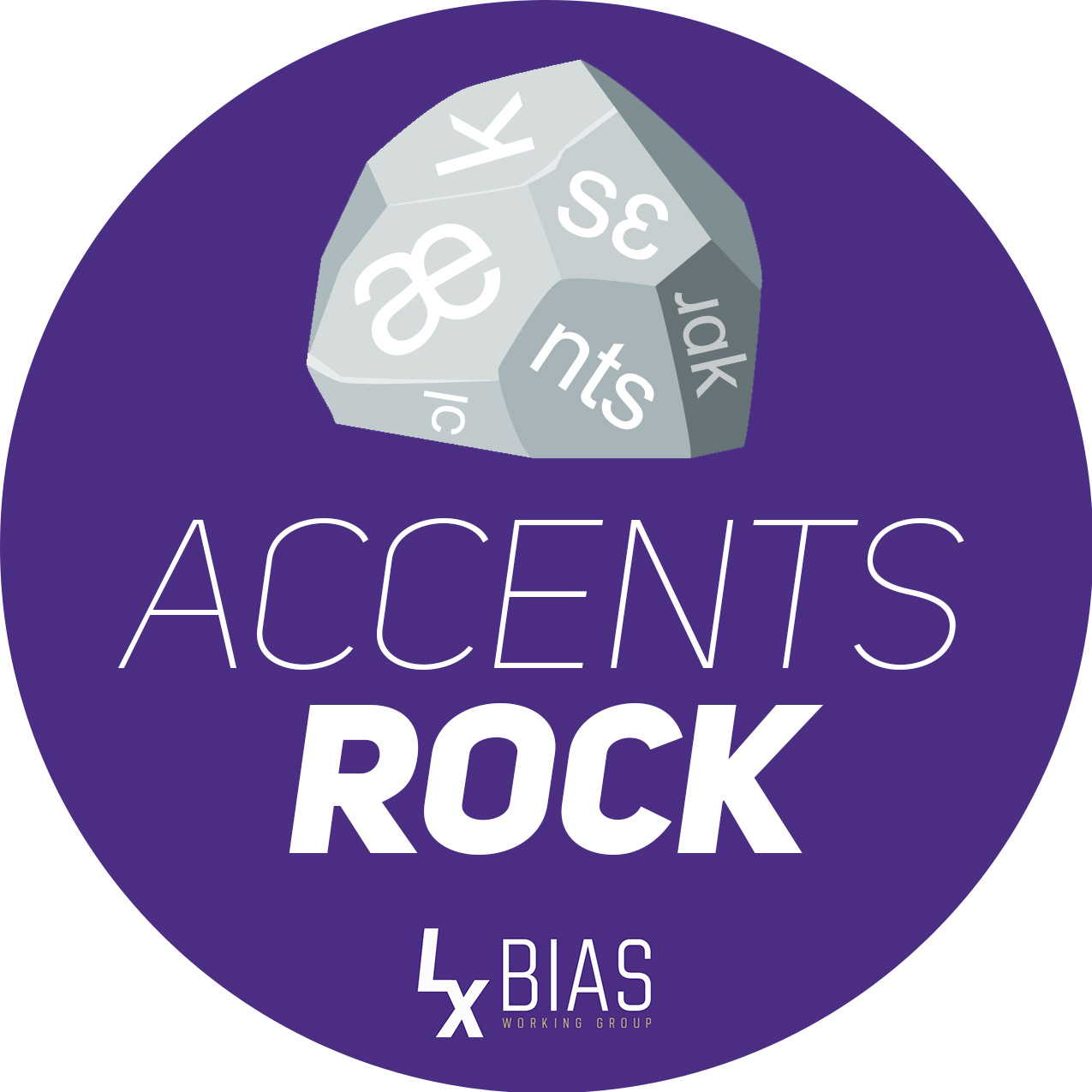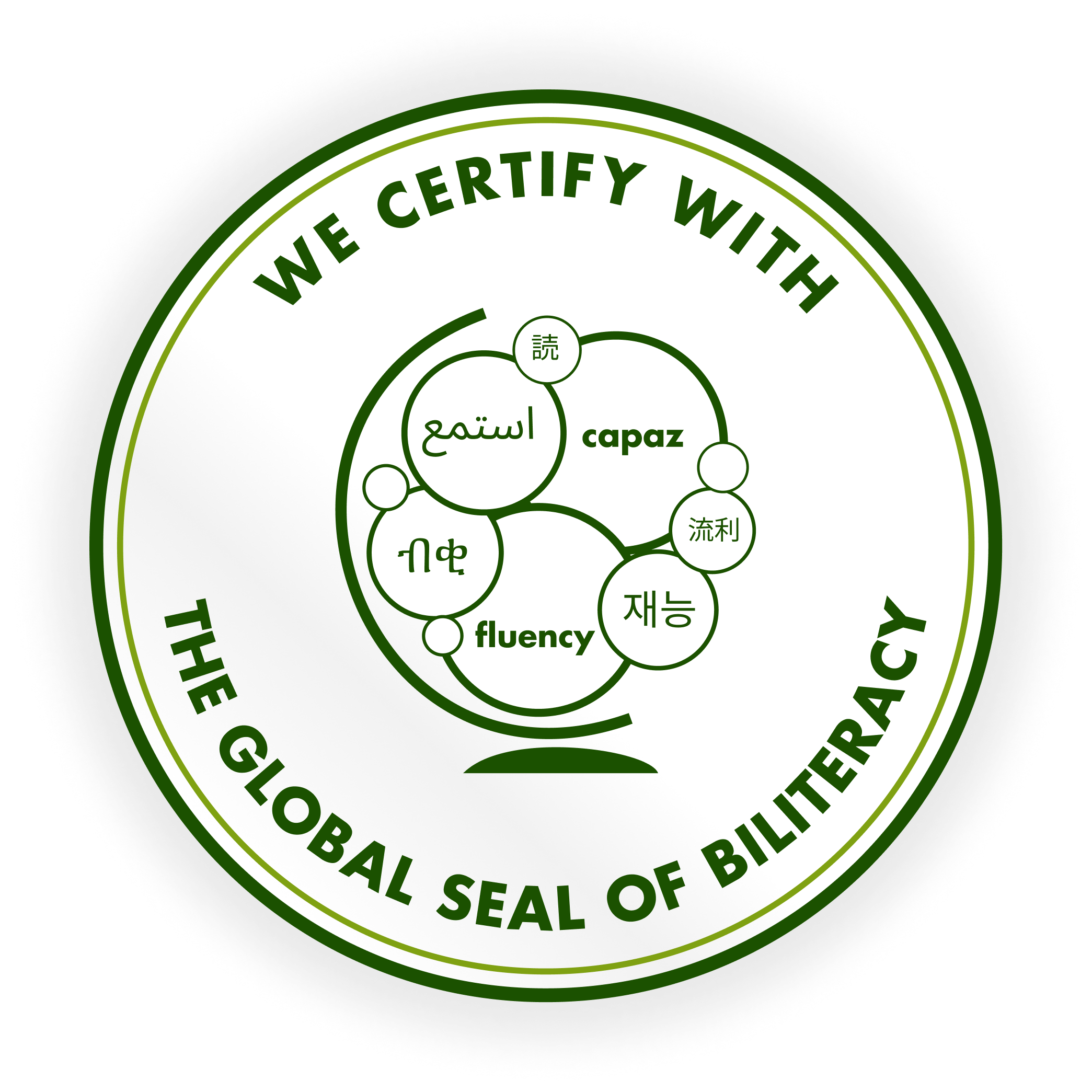Exceptional opportunities
The University of Washington is a leader in language education. The UW regularly offers robust programs covering over 45 languages, many of which are rarely taught, if at all, at other universities in the US. UW students have access to extremely talented instructors, a variety of certification and degree paths, and fun student clubs. There are many exciting interdisciplinary opportunities, in topics such as computational linguistics, international studies, business language, historical textual analysis, archaeology, cybersecurity, translation/interpretation/localization, and many, many, more!
Where do you want to explore?
The UW also offers a variety of scholarships (FLAS) and exciting study abroad opportunities.
Are you interested in a career teaching languages? Learn more about the Graduate Certificate in Second/Foreign Language Teaching.
Scholarship and funding opportunities
Foreign Language and Area Studies (FLAS) Fellowships
Critical Language Scholarship Program
David L. Boren Graduate Fellowship
Check various department websites for language specific funding!
Strengthen your career opportunities
Key facts!
9 out of 10 employers surveyed reported that they rely on employees with language skills.
89% of employers in the U.S. have a need for language skills domestically (in the U.S.). It’s not just ‘international’ jobs that need multilingual people!
56% say their language demand will increase in the next 5 years.
1 in 4 U.S. employers lost business due to a lack of language skills.
(Making Languages Our Business Report, ACTFL 2019)
The National Association of Colleges and Employers (NACE) lists 8 competencies: NACE Career Readiness
All 8 are enhanced by studying a language.
1. Career & Self-Development
Language learning promotes the development of lifelong learning skills. It opens up new pathways and possibilities for careers and specializations. Standout from other candidates with internationally recognized credentials (e.g., The Global Seal of Biliteracy)
2. Communication
The competency that is arguably most related to language learning. However, by learning another language, you don’t just learn to communicate better in the second language, but also in your first language, as you develop key linguistic knowledge that is generalizable, as well as novel rhetorical styles.
3. Critical Thinking
NACE defines critical thinking as ‘Identify and respond to needs based upon an understanding of situational context and logical analysis of relevant information’. This skill is directly linked to language learning. Parsing a new language requires careful context analysis and logical thinking. Language courses present you with many unique and unfamiliar contexts, challenges and media to develop this skill.
4. Equity & Inclusion
Learning a language opens the door to new cultures, concepts and people.
5. Leadership
Effective language learning involves peer teaching as well as learning.
6. Professionalism
Language classes provide excellent opportunities to develop your presentational, writing and cultural competencies.
7. Teamwork
Learning to work with others is a key factor of language classes. Also, being multi-lingual and multi-cultural is crucial for effective team cohesion in a career context as well. While the world is becoming increasing globalized, there is diversity and opportunity for collaboration in all of our communities.
8. Technology
Modern language learning continues to grow along with modern technologies. Many language courses offer unique project opportunities to develop and practice technological skills.
Language competencies are especially valuable for the following careers:
- Advertising, Marketing, Public Relations
- Banking, Finance, Accountancy
- Business Administration, Management Consulting
- Cybersecurity
- Health Sciences
- Hospitality, Tourism
- Law
- Media
- Public Sector, Government or Defense
- Teaching & Education
- Transport & Logistics
- …and many more
“I also study public health and believe it is really important to have some knowledge of Portuguese to facilitate communication and collaborate across nations to work in the sphere of global health.
Earn the Global Seal of Biliteracy and communicate your skills to future employers
If you take an official ACTFL certified language proficiency test at UW, you have the opportunity to opt-in and have your qualifying results submitted to the Global Seal of Biliteracy (at no cost to you as a student)!
In a global society where intercultural communication has become increasingly important, the Global Seal provides a unique and recognizable certification of language skills. The Global Seal of Biliteracy provides a universally consistent and inclusive micro-credential to increase opportunity for bilinguals from middle school through adulthood. The Global Seal offers three certification levels and goes beyond State Seals of Biliteracy.
ASL is actually doing a really interesting thing, where, for an hour each week, we go to the hub, and there’s like three different sections, and we play games and sign in ASL. And I think that’s like, I just got back from that, the first one, but I think that’s going to be really nice for also practicing language skills, but feeling like, Oh, these are people. These are my peers. And like, we’re together.
Expand your worldview and intercultural competencies


Well, one thing that we did at the end of fall quarter, we went to a cafe, a Turkish restaurant. And that’s just something that like, really, we were able to meet. Like, a lot of times, I feel like language learning might be something that is quite often done for people in continuing education, and kind of like older people. So a lot of people have their spouses or significant others there. And it was just nice to be able to meet everyone. And I think that really had an outsized impact on like, how tight we felt as a community.
Engage with other cultures and communities
- Language exchanges
- Study abroad
- International internships
- Conversation groups
Why Study the Humanities?
For information on why studying the humanities, in general, is valuable, we recommend reading this excellent guide published by the Humanities Academic Services Center: Why Study the Humanities?.

